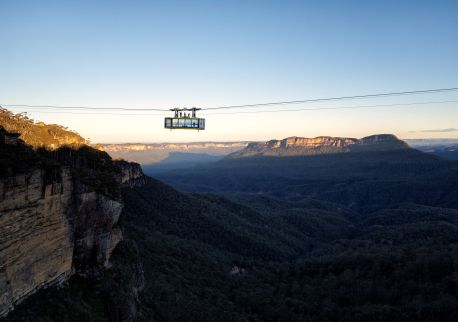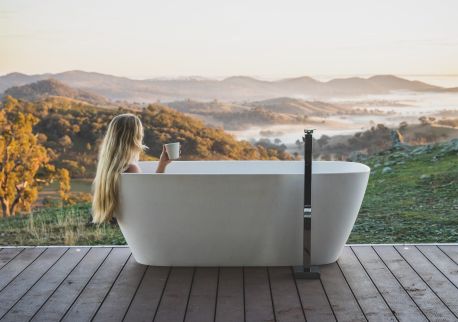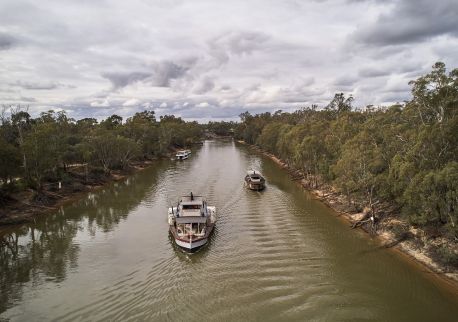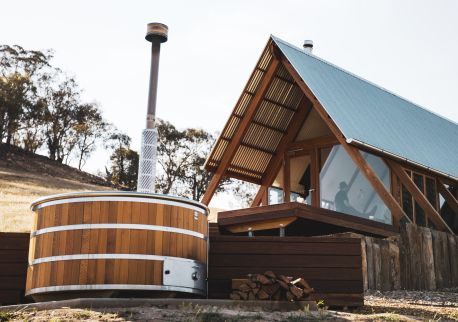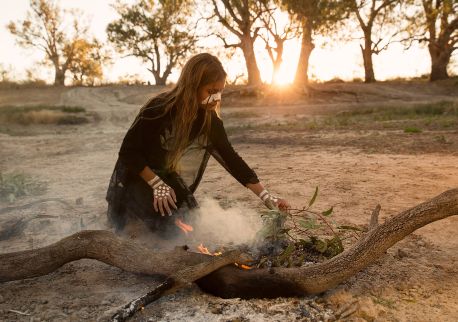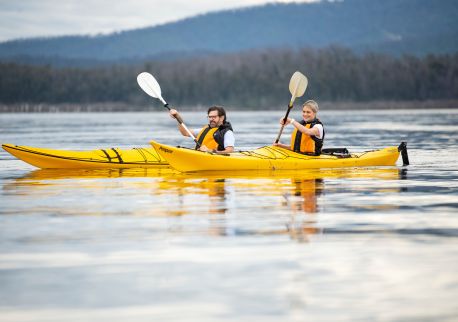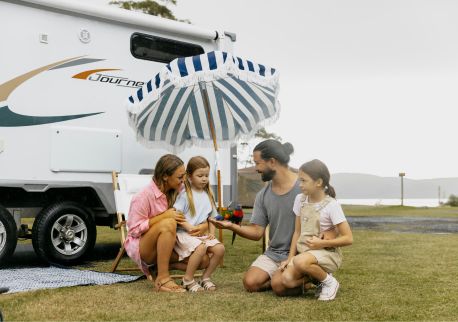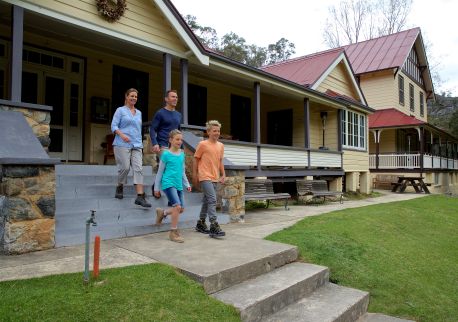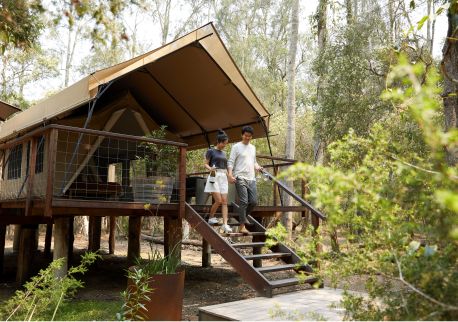Emma's Cottage Cellar Door
Highlights
Overview
Emma's Cottage is one of the smallest vineyards in the Hunter Valley and produces premium boutique wines from the seven different varieties of grapes grown onsite. Today, the head winemaker Richard Done uses both grapes on the grounds and sourced locally to produce Alter Wines.
Visit Emma's Cottage Cellar Door for a wine tasting of Alter Wines and to shop the gift store.
The Cellar Door is open for wine tastings. Enjoy your tasting in the Cellar Door or choose from their outdoor tables overlooking the surrounding property. Visitors can also stop by for a glass of wine and choose from a selection of gourmet provisions on their Larder Menu, while they sip and enjoy the serenity of the property.
Emma's Cottage was bought by Mulpha Group, owners of Bimbadgen winery in Pokolbin, in 2021 and in 2022, with the expertise of the wider wine-making team, launched a new wine brand and Cellar Door at Emma's Cottage. A new take on Hunter Valley wine, they are the proud home of Bimbadgen's alter-ego: Alter Wines.

